‘Deep state’ critic Kash Patel confirmed as FBI director in polarizing vote
- Update Time : Saturday, February 22, 2025
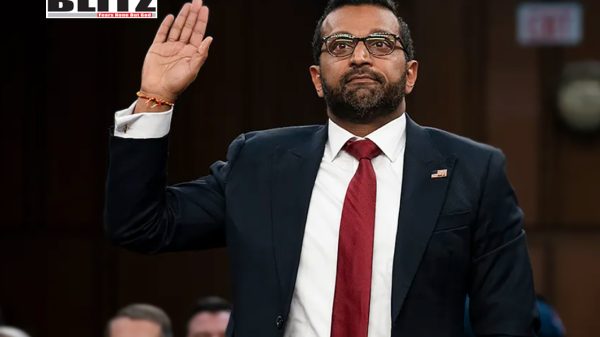
In a highly contentious vote, the United States Senate has confirmed Kash Patel, a staunch supporter of President Donald Trump, as the new director of the Federal Bureau of Investigation (FBI). Patel’s confirmation, with a narrow 51-49 margin, marks a significant shift in the leadership of the agency, reflecting Trump’s broader agenda to reshape key government institutions. Notably, Republican Senators Susan Collins and Lisa Murkowski joined Democrats in opposing Patel’s nomination, citing concerns about his past statements and close ties to Trump.
Following the vote, Patel took to social media platform X, formerly known as Twitter, to outline his vision for the agency. “My mission as Director is clear: let good cops be cops – and rebuild trust in the FBI,” he wrote. “Working alongside the dedicated men and women of the Bureau and our partners, we will rebuild an FBI the American people can be proud of. And to those who seek to harm Americans – consider this your warning. We will hunt you down in every corner of this planet.”
Patel’s appointment has stirred heated debate due to his outspoken criticism of what he describes as a “deep state” within government agencies. In his memoirs, Patel called for curbing the FBI’s authority, alleging that elements within the Bureau had abused their power to target political dissent. His remarks, including accusations that the FBI has been “weaponized” against Trump and his allies, have fueled concerns among Democrats that his leadership could politicize the agency.
During his Senate confirmation hearing, Patel sought to allay fears that his tenure would be marked by political retribution. “There will be no politicization at the FBI,” he assured lawmakers. “We will not take retributive actions against individuals based on their political beliefs. Our mission is to uphold the law and protect the American people.” Patel also dismissed allegations that he had compiled an “enemies list” of government officials, a claim that had become a focal point of Democratic opposition.
Despite these assurances, Senate Democratic Whip Dick Durbin condemned Patel’s confirmation, describing him as “an extreme MAGA loyalist who would make our country less safe.” Durbin warned that Patel’s ideological leanings could undermine the FBI’s impartiality and lead to a chilling effect on dissent.
US President Trump, who had nominated Patel for the role, praised the Senate’s confirmation as a victory for his “America First” agenda. “Kash Patel is a fighter who has dedicated his career to exposing corruption, defending justice, and protecting the American people,” Trump said in a statement. The president emphasized Patel’s commitment to cracking down on organized crime, terrorism, and illegal immigration, as well as his opposition to diversity, equity, and inclusion (DEI) programs within government agencies.
Patel’s alignment with Trump’s policies dates back to his tenure as a public defender, federal prosecutor, and later as a key figure in Trump’s administration. He played a central role in investigating alleged misconduct within the FBI and the Department of Justice, particularly regarding the Russia investigation, which Trump repeatedly denounced as a politically motivated “witch hunt.”
With Patel at the helm, the FBI is expected to undergo significant changes in both its internal culture and operational focus. Supporters of Patel’s appointment argue that his leadership will restore public confidence in the Bureau by rooting out what they perceive as bias and corruption. They point to his legal background and commitment to upholding the rule of law as qualities that will enhance the agency’s effectiveness.
Critics, however, fear that Patel’s strong ideological stance could compromise the FBI’s independence. They worry that his emphasis on targeting “internal dissidents” may translate into increased surveillance and enforcement actions against political opponents, particularly those critical of Trump and his allies. Moreover, Patel’s opposition to DEI initiatives has raised concerns that efforts to promote diversity and inclusion within the FBI could be rolled back, potentially affecting the agency’s ability to engage with diverse communities.
The confirmation of Patel as FBI director has deepened the partisan divide in Washington, reflecting broader tensions over the role of law enforcement in American society. Republicans have hailed the appointment as a long-overdue step toward restoring accountability and integrity within the Bureau. They argue that Patel’s leadership will help eliminate political bias and refocus the FBI on its core mission of protecting national security.
Democrats, on the other hand, view Patel’s confirmation as a dangerous precedent that could erode public trust in law enforcement. They warn that his close ties to Trump and outspoken criticism of the FBI’s previous leadership may lead to a politicized approach to law enforcement, undermining the Bureau’s credibility and impartiality.
Public reaction to Patel’s appointment has been similarly polarized. Supporters have praised his commitment to transparency and accountability, while critics have expressed fears that his leadership could lead to abuses of power. Civil rights organizations have voiced particular concern about the potential impact on marginalized communities, warning that increased surveillance and enforcement measures could disproportionately target minority groups.
As Patel assumes his new role, the challenges facing the FBI are immense. From combating domestic terrorism and cybercrime to addressing public concerns about government overreach, the agency’s ability to navigate these complex issues will be closely scrutinized. Patel’s leadership will likely be defined by his ability to balance the need for effective law enforcement with the imperative to safeguard civil liberties.
Whether Patel can deliver on his promise to “rebuild trust” in the FBI remains to be seen. His tenure will be judged not only by his ability to enhance the agency’s operational effectiveness but also by his commitment to upholding the principles of justice and fairness. In a nation deeply divided along political lines, the stakes could not be higher.


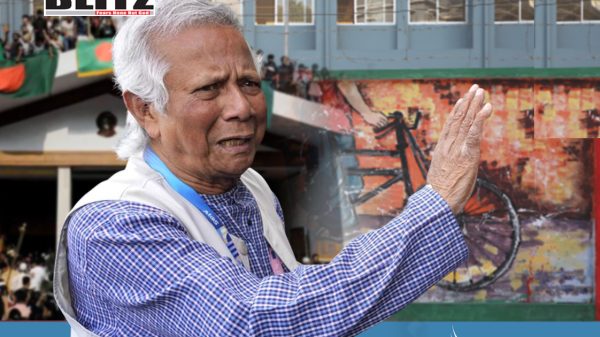
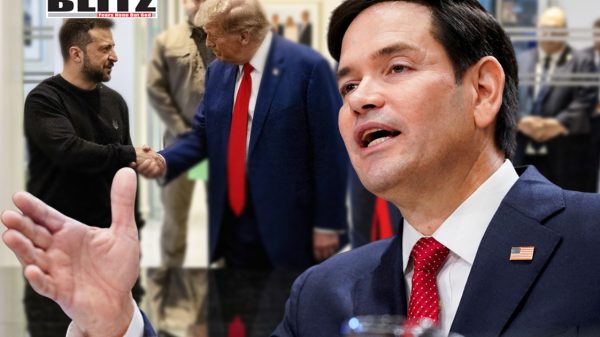
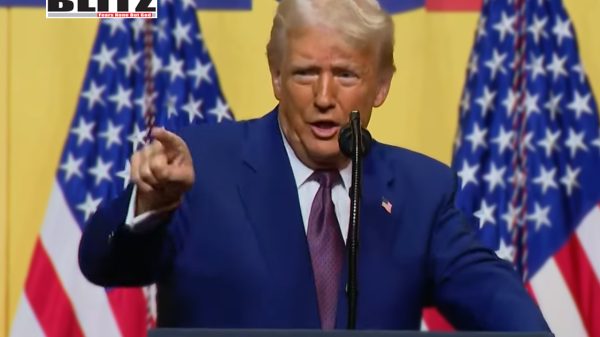
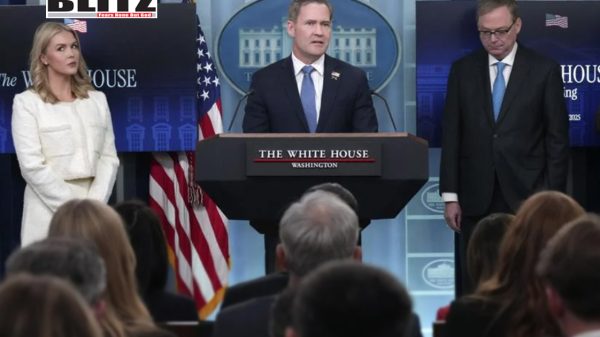
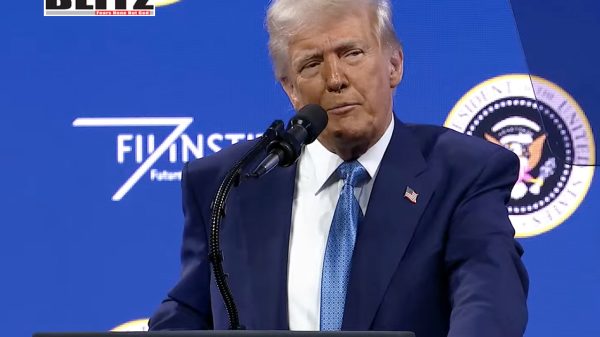







Leave a Reply